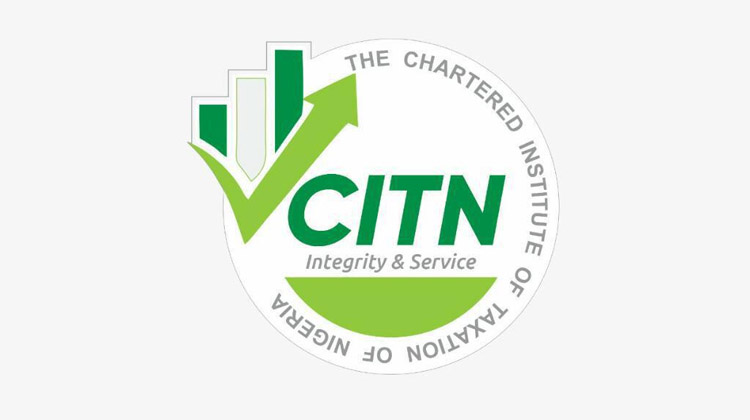The Chartered Institute of Taxation of Nigeria has expressed support for the decision of the Nigeria Governor’s Forum to harmonise levies on the transportation of agricultural produce across the country.
In a statement, the 17th President and Chairman of the Council of CITN, Innocent Ohagwa, said that the move would improve the food supply chain and address food inflation.
The NGF, in a communique signed by the forum Chairman and Governor of Kwara State, AbdulRahman AbdulRazaq, and read by Lagos State Governor Babajide Sanwo-Olu at the end of their last meeting in Abuja, alleged that the proliferation of checkpoints, illegal taxation and poor infrastructure are key contributors to price inflation and inefficiencies in the food supply chain across the country.
Reacting to the stance of the governors, Ohagwa welcomed the resolutions, saying, “This resolution, which follows a detailed briefing by the National Security Adviser and key ministers on the implications of checkpoint proliferation and unregulated taxation, is a step in the right direction towards improving the food supply chain and addressing food inflation, reported at 21.14 per cent in May 2025, an increase of 2.19 per cent compared to the previous month.
“CITN commends the NGF for recognising the role that fiscal coordination and administrative streamlining play in achieving national development objectives. It is well established that the widespread imposition of illegal levies and multiple taxes on agricultural transportation has disrupted supply chains and adversely impacted food affordability across the nation.
This decision, if uniformly implemented across all states, will not only improve food availability but also enhance public trust, reduce cost-push inflation, and support the livelihoods of millions of Nigerians.”
He went on to call on the governors to closely monitor their local government chairmen and the chairmen of their state’s internal revenue service to ensure the full implementation of this directive.
“The Executive Secretary of the Joint Tax Board should liaise with the Inspector-General of Police to implement this directive. The governors, on their part too, should ensure the implementation of statutory allocation of the required percentage of the State Internally Generated Revenue to their Local Government Councils in order to cushion the funding pressure on the Local Government Councils.
“As the professional body statutorily empowered to regulate tax practice in Nigeria, CITN has long advocated against multiplicity of taxes and unregulated collection practices. These practices increase compliance burdens, discourage investment, and ultimately result in revenue losses for the government,” the CITN president added.
He went on to call on all tiers of government to continuously implement people-centred reforms that will improve the standard of living, reduce the cost of doing business, and foster inclusive economic growth.















